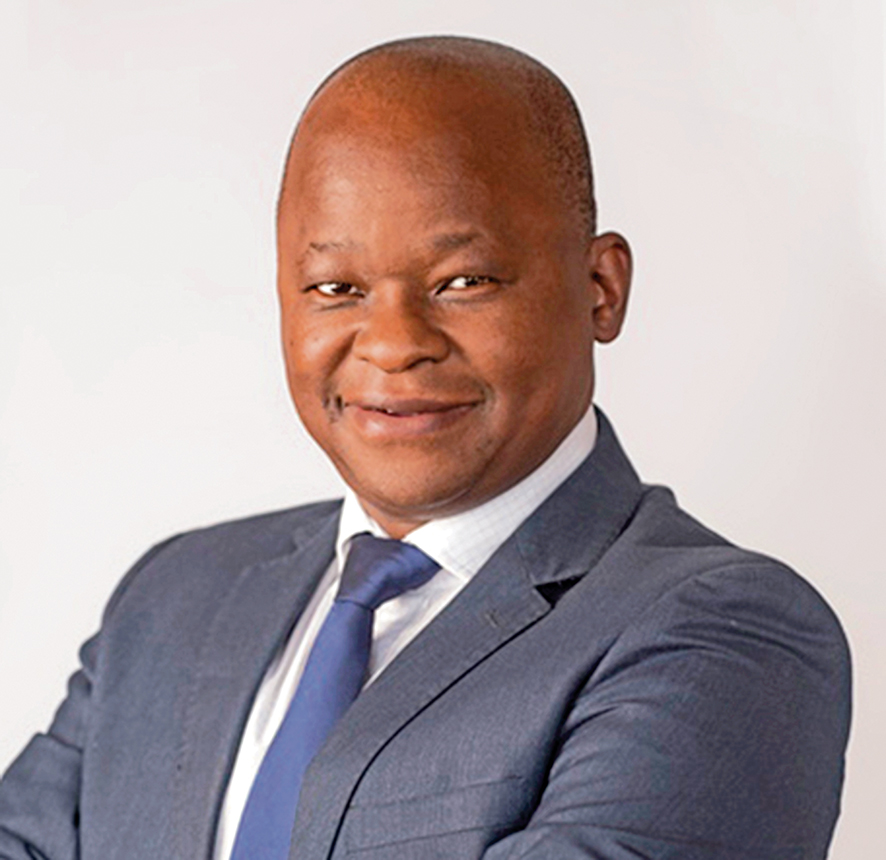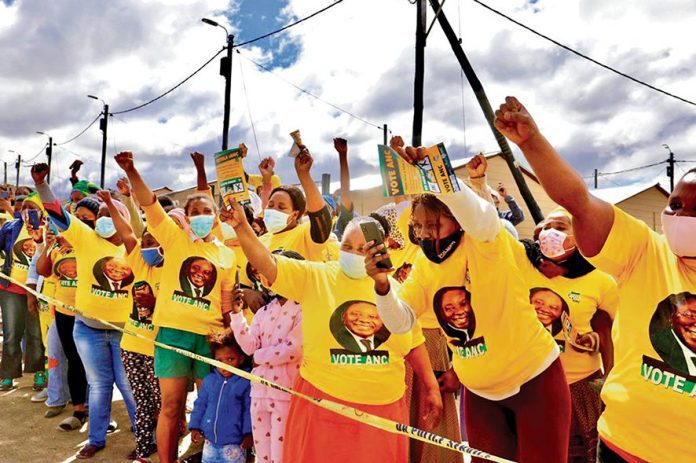Johannesburg- When a catastrophic accident cuts the first manned mission to Jupiter’s moons short in the Astronaut: The Last Push – a 2012 American science fiction film – Michael Forrest, the sole remaining astronaut, must endure the three-year return trip to Earth alone. Similarly, how will the next five-year journey of local governance in South Africa manifest itself?
I imagine the responses from citizens will vary widely: from widespread cynicism to hope for a better future, and from distrust of a dysfunctional system to the belief that service delivery will improve.
In an all-too-familiar scenario, political party campaigns have been littered with promises of how they best represent and advance voters’ interests.
In doing so, two helpful facts about these campaigns emerge.
[membership level=”1″]The first is that the ANC, DA, EFF and FF+ have realised that local contexts differ significantly and have framed their messages accordingly.
A cursory glance at the broadcastings of these customised campaigns reveals that they aim to provide a safe psychological outlet for community-level concerns. The second is that, in general, the election messaging and adverts of the ANC ranged from apologies to bold statements about who wields power to change the face of local governance.
Opposition parties focused on improving the local government system, notoriously known for the disregard of citizens’ needs, and providing an active voice for the voiceless.
Political parties and candidates may mobilise constituencies as much as they can. However, the next five years of local governance require a significant departure from its status of dysfunctionality to a competent, legitimate political institution that produces satisfactory political outcomes.
This legislative and moral mandate depends entirely on local participation in elections.
Better and more meaningful political participation in elections remain a concern in South Africa.
In a report for the Ford Foundation, Hahrie Han, a political science professor at the University of California, proposes a framework that details increasing participation and making it more meaningful.
First, people must be able to participate. Declaring election day as a public holiday, President Cyril Ramaphosa removed an important barrier to participation. While some may believe that election day will be just another public holiday, for others – particularly those who are working – there is no need to weigh up whether to take leave for a cause that will not significantly change their lives.
Second, people must want to participate. Here, political parties and election candidates should not take voting as a taken-for-granted part of the repertoire of residents’ political activities.
Election campaigns remain a powerful medium to improve visibility and deliver messages to solicit interest from citizens. But once these campaigns conclude, still, it remains an individual’s choice to want to participate.
The general political climate in South Africa seems to be conducive for free and fair elections. Yet political assassinations continue to cast a dark shadow over these elections.
This cruel feature of political life serves as an ultimate intimidation tactic. It denies candidates the right to stand for election and citizens to choose their preferred representatives.
Third, Hahn argues that for people to want to participate in the political process, their participation must matter. Therefore, people still need to be convinced that their vote counts and influences decisions at the local level, where voters have the chance to participate directly in the election of local councillors.
Regardless of the challenges it faces, the ANC remains in pole position to retain most of the local councils it leads.
I believe there is much to be discontented about, but opposition parties – including civic forums – have yet to build the power to break the stranglehold the ANC has on elections – and that is no small task.
- Professor Matebesi is associate professor and head of the Department of Sociology at the University of the Free State

To read more political news and views from this week’s newspaper, click here.
Follow @SundayWorldZA on Twitter and @sundayworldza on Instagram, or like our Facebook Page, Sunday World, by clicking here for the latest breaking news in South Africa. To Subscribe to Sunday World, click here.
Sunday World
[/membership] [pmpro_signup submit_button=”Register” level=”1″ login=”1″ redirect=”referrer” short=”false” title=”Thank you for choosing Sunday World, to read this article for free, please register below at no cost.” short=”true” custom_fields=”true”]


